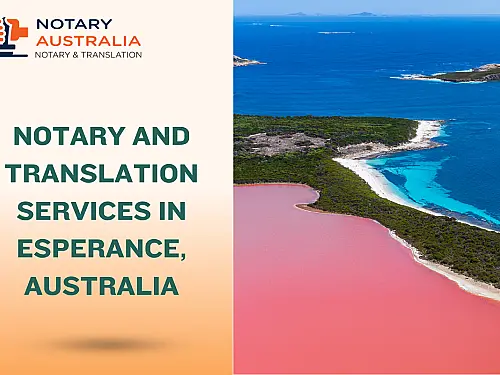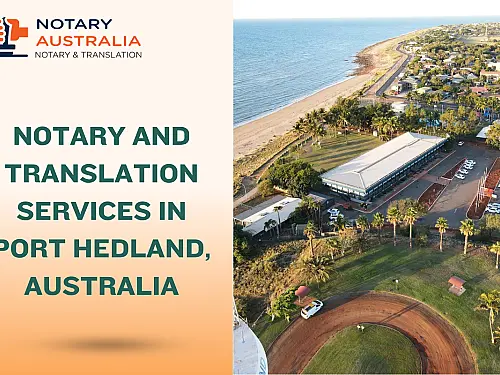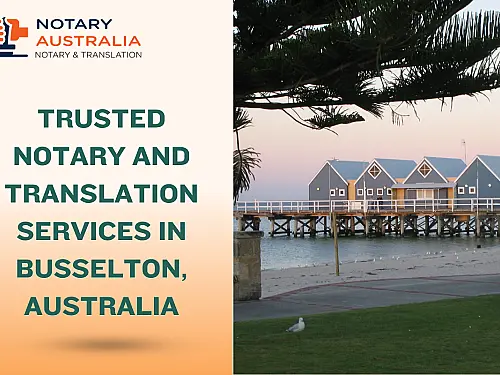



Certification Fees Explained for Notary Services in Australia
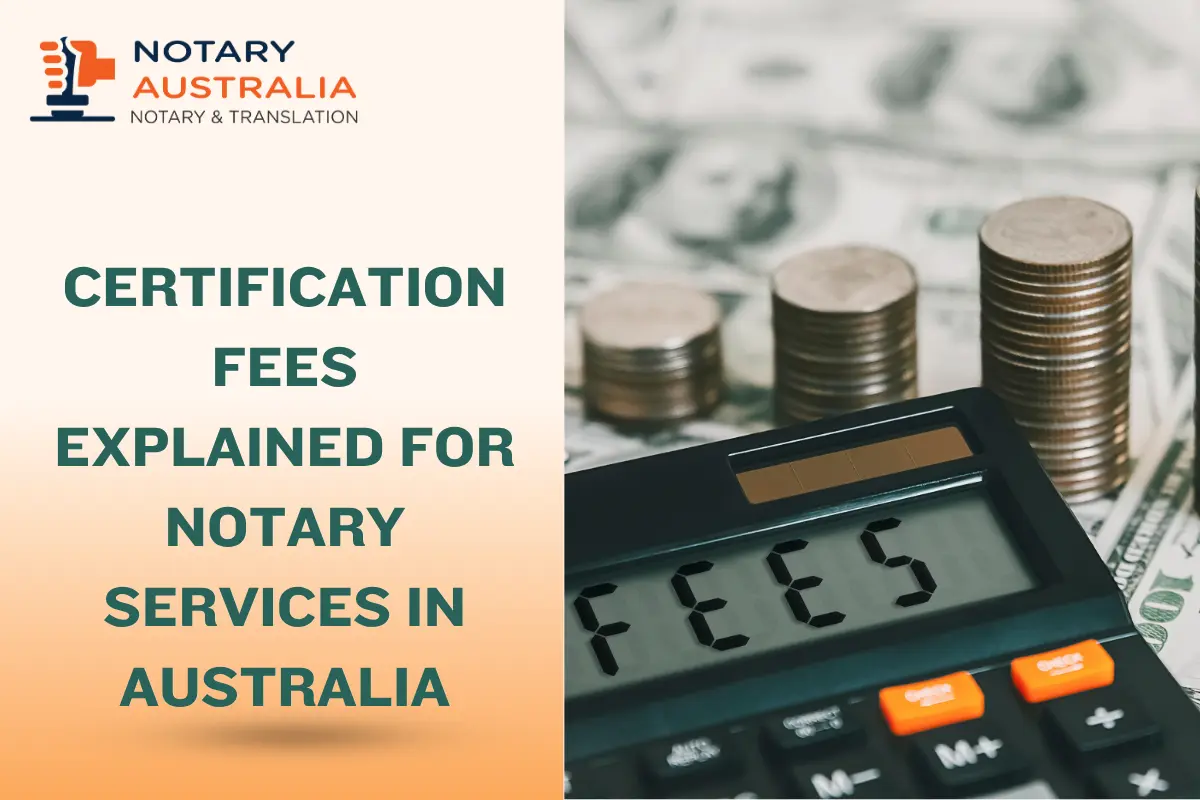
Table of Contents
When it comes to legal documentation, certification by a notary public is often essential. Whether you're authenticating a power of attorney, certifying a passport copy, or signing a statutory declaration, notarial services ensure legal recognition both within Australia and internationally. But how much does it actually cost—and why?
This comprehensive guide explains everything you need to know about certification fees for notary services, from document-specific pricing to state-by-state variations and fee regulations.
What Are Notary Certification Fees?
Certification fees are charges imposed by notaries for services such as:
- Verifying identities and witnessing signatures
- Certifying copies of original documents
- Administering oaths and affirmations
- Preparing and issuing notarial certificates
These fees can be influenced by a range of factors, which we’ll explore below.
Typical Fee Breakdown in Australia
While each notary may set their own fees, here is a general estimate of standard notarial services:
| Service Type | Average Fee (AUD) |
|---|---|
| Single document certification | $70 – $120 |
| Additional documents (same client) | $30 – $50 each |
| Power of Attorney notarization | $100 – $180 |
| Statutory Declaration or Affidavit | $80 – $150 |
| Passport/ID Copy Certification | $60 – $100 |
| Document with Apostille preparation | $100 – $200 |
Fees are indicative and may vary based on the notary’s experience, location, and urgency.
Document-Specific Certification Fees
Power of Attorney
These documents carry legal responsibility and usually require multiple pages and formal witnessing, often costing $100–$180.
Affidavits & Statutory Declarations
Standard fees range from $80 to $150, depending on the format and whether a notary must witness signatures.
Real Estate & Legal Contracts
Due to legal sensitivity, these documents attract higher fees, typically from $120 upwards.
Passport and Identity Copies
One of the most commonly notarized documents, often required for visas or bank applications. Expect to pay $60–$100.
State-by-State Notary Fee Comparison
Fees vary slightly across Australia. Here’s a comparison:
| State | Common Fee Range per Document |
|---|---|
| New South Wales | $90 – $150 |
| Victoria | $85 – $140 |
| Queensland | $80 – $130 |
| Western Australia | $100 – $160 |
| South Australia | $80 – $125 |
| Tasmania | $70 – $110 |
Online and Mobile Notary Certification Fees
Online Notarization
Growing in popularity, especially post-pandemic:
- Fees: $60 – $100 per document
- Add-ons: ID verification or digital stamps may incur extra charges
Mobile Notary Services
For convenience, some notaries offer mobile services:
- Base Fee: $80 – $150
- Travel Fee: $50 – $100 depending on distance
Are Notary Fees Regulated?
In Australia, notary fees are not regulated by law, but they must remain reasonable and are often benchmarked by legal societies. Many notaries publish transparent fee structures on their websites to avoid ambiguity.
Discounts and Cost-Saving Opportunities
Some notaries offer the following to help reduce costs:
- Student or senior discounts
- Bulk document packages
- Same-day booking offers
- Off-peak pricing
Always inquire about available discounts.
Common Questions About Notary Certification Fees
Do all documents cost the same to notarize?
No. Pricing depends on complexity, number of pages, and legal risk involved.
Are online notary services cheaper?
Often, yes—especially for simple documents. However, legal sensitivity may still require in-person services.
Is GST included?
Fees generally include GST, but always ask for clarification.
Can I negotiate notary fees?
Notaries may offer flexibility for bulk or recurring services but usually adhere to a standard pricing model.
Tips for Clients
- Compare providers: Always get multiple quotes.
- Book early: Avoid paying rush fees.
- Bundle services: Certify multiple documents in one session.
- Confirm total cost upfront: Request a detailed fee breakdown.
Final Thoughts
Understanding certification fees helps avoid surprises and ensures you get fair value for essential notarial services. Whether you're notarizing a single ID copy or complex real estate paperwork, choose a qualified, transparent notary who offers a clear fee structure and professional support.

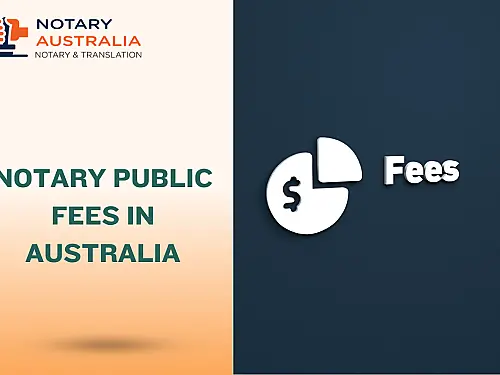
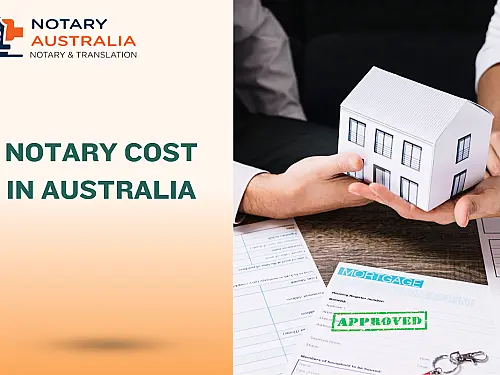
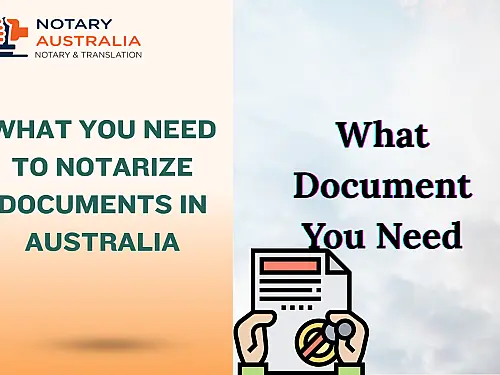
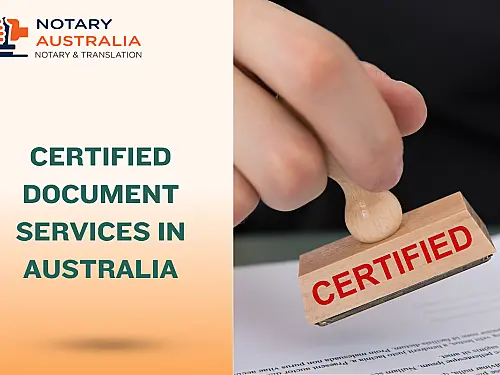
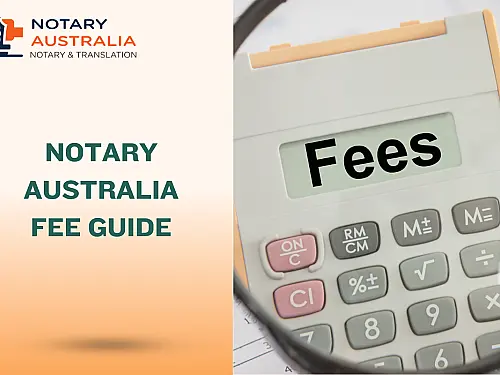
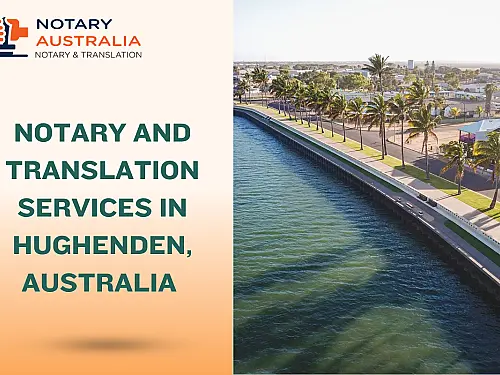
-thumb.webp)
